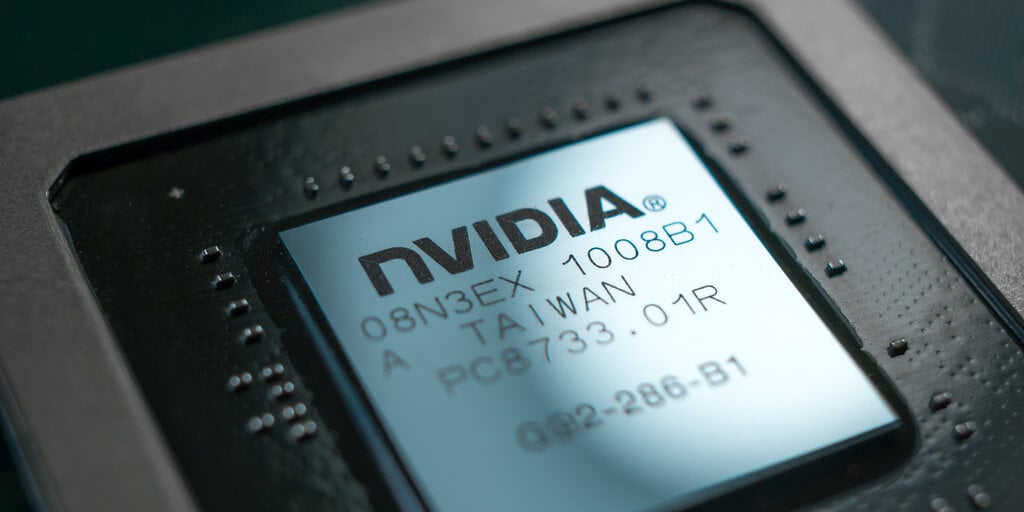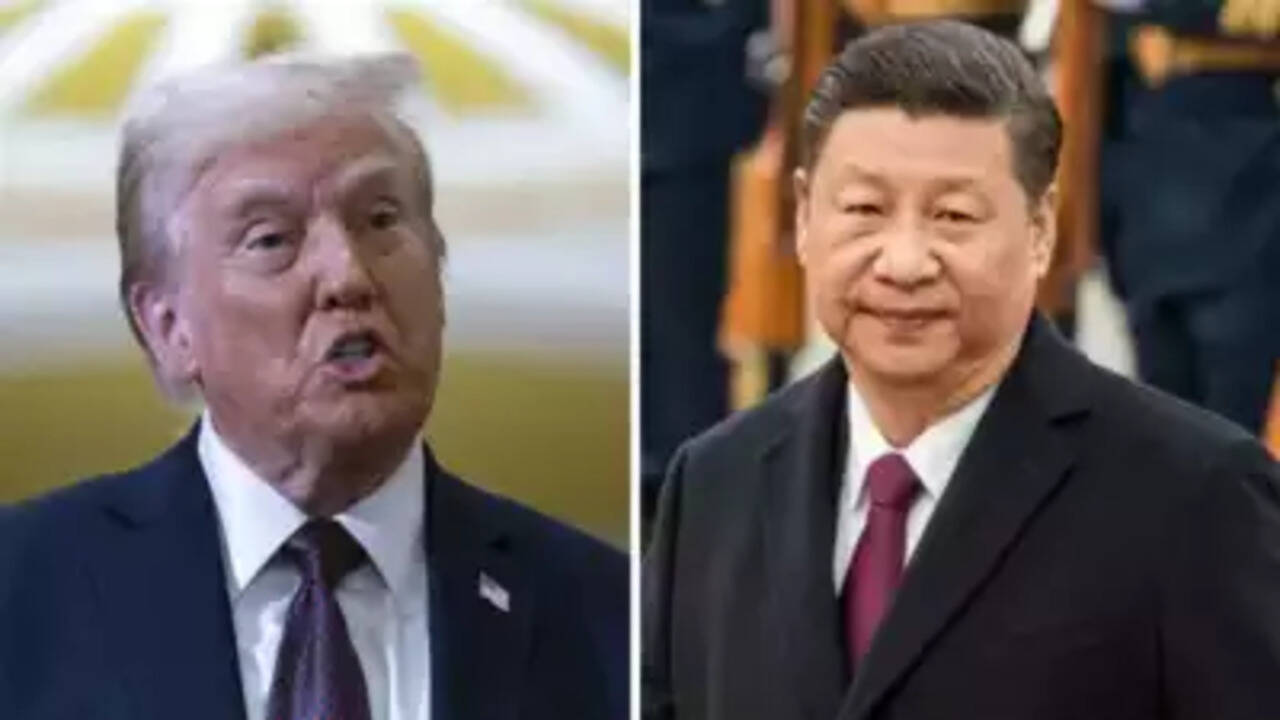Syria's Diplomatic Maneuvering: Seeking Gulf Support
As Syria emerges from the shadows of prolonged conflict, its new leadership, led by President Ahmed al-Sharaa, is on a mission to secure strategic alliances and navigate the complexities of regional politics.
Published April 14, 2025 - 00:04am

Image recovered from arabnews.com
Syria's interim President Ahmed al-Sharaa embarked on a significant diplomatic mission as he travels to the United Arab Emirates (UAE) for his first visit to the wealthy Gulf country, highlighting a focal shift in Syria's foreign policy. This visit underscores the intent of the new Syrian leadership to position itself strategically within the geopolitical landscape of the Middle East, especially after the overthrow of Bashar al-Assad's regime at the hands of Sharaa's Sunni Islamist group, Hayat Tahrir al-Sham.
The UAE, known for its cautious yet strategic diplomatic engagements, views the transformation in Damascus with a blend of skepticism and cautious optimism. Addressing mutual interests and concerns, President Sharaa's visit includes discussions with UAE's president, Sheikh Mohammed bin Zayed Al Nahyan, aiming to ensure the long-term stability and development of the region. Foreign Minister Assad al-Shibani, accompanying Sharaa, also seeks to alleviate concerns regarding political Islam and excessive Turkish influence in a post-conflict Syria.
These diplomatic overtures come amid significant challenges for Syria including economic recovery from over a decade of conflict, sanctions, and reconstruction efforts. The UAE's position in these discussions is crucial as it holds significant economic leverage and potential as a source of investment and financial support for Syria. However, the Emirates' hesitation, influenced by a historical apprehension towards Islamist politics, remains a critical element in the dialogue.
Syria's visit to the UAE marks Sharaa's second significant diplomatic engagement since assuming power, as he visited Saudi Arabia earlier in the year to strengthen bilateral ties with other influential Gulf nations. Saudi Arabia, having welcomed the shift in power in Syria, demonstrates a willingness to support the country's reconstruction efforts alongside other Gulf states.
The backdrop of Sharaa's visit is a region fraught with complex and interwoven issues including Israel's military actions in southern Syria and the need for an inclusive governance structure within Syria to prevent a resurgence of extremist activities, including those by Islamic State and al-Qaeda affiliates. The UAE's historical normalization of ties with Israel positions it uniquely to potentially mediate between Syria and Israel, though these diplomatic channels are fraught with regional tension.
The broader Middle Eastern political climate continues to be impacted significantly by the outcomes of these engagements. The UAE, while potentially playing a role in bridging political divides, remains wary of empowering Islamist regimes that may not align with its overall vision of regional stability.
In Syria's pursuit for economic relief, the focus of the new leadership is directed towards securing frameworks for sanctions relief to support the war-torn economy. International stakeholders continue to press for the integrations of inclusive policies in the new government, as concerns rise over the concentration of power within Islamist circles, potentially alienating non-Islamist factions and sects within Syria.
The diplomatic landscape is thus marked by a delicate dance, balancing the newfound political authority in Damascus with the nuanced hesitations of its regional neighbors, particularly the UAE, which could influence the trajectory of geopolitical alignments in the Middle East. Sharaa's efforts in UAE represent just one front in a broader strategy aimed at securing Syria's position and future within the regional and global order.






